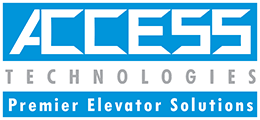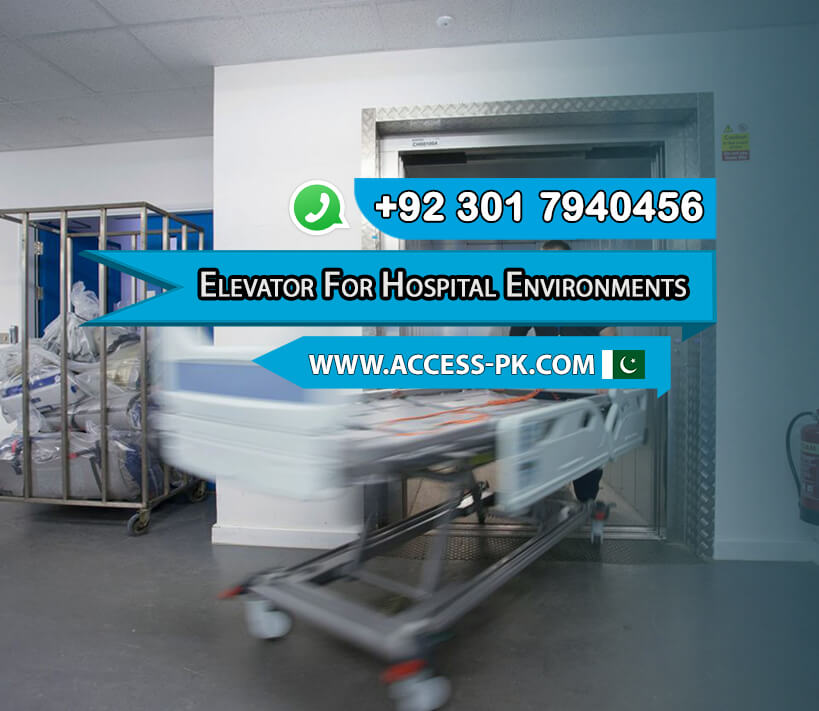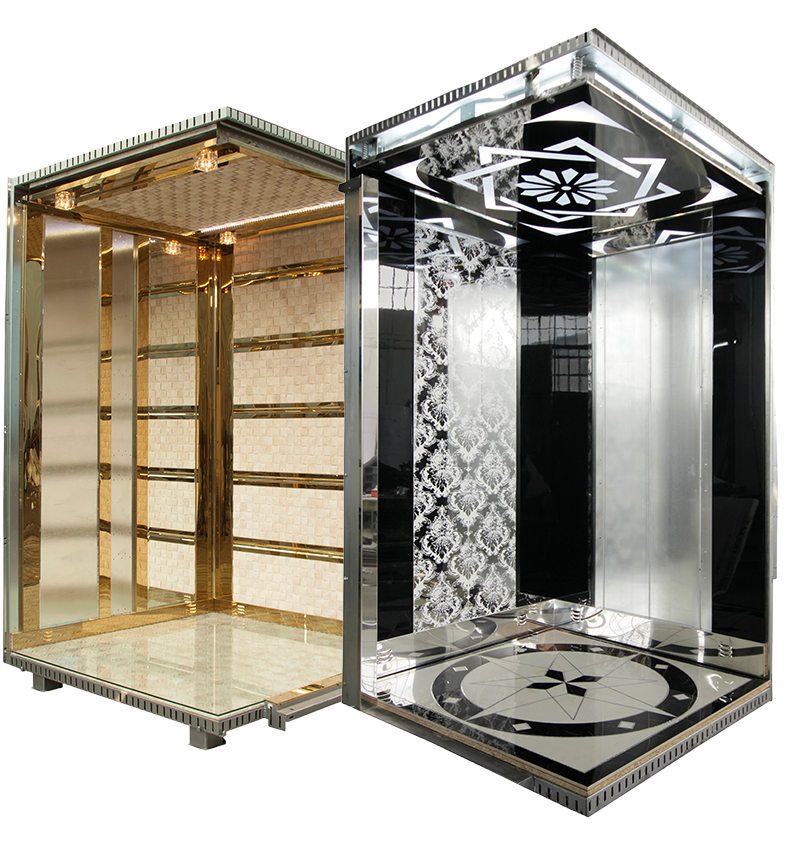Access Technologies, owned by Imran Rafi, specializes in providing the best elevator choices for hospital environments. When selecting elevators for hospitals, prioritizing safety and efficiency is paramount. Elevators play a critical role in ensuring smooth patient flow and staff accessibility within healthcare facilities. By investing in the right elevator solutions, hospitals can enhance patient care and operational effectiveness.
Safety remains a top concern in hospital environments, where elevator usage is frequent and crucial. Elevator systems must meet stringent safety standards to protect patients, staff, and visitors. From reliable door sensors to emergency communication systems, every aspect of elevator design should prioritize passenger safety. By implementing robust safety measures, hospitals can minimize the risk of accidents and ensure a secure transportation experience for everyone.
In addition to safety, efficiency is key when selecting elevators for hospital settings. With high volumes of foot traffic and the need for rapid patient transportation, elevators must operate smoothly and efficiently. Advanced features such as destination dispatching and predictive maintenance help optimize elevator performance, reducing wait times and maximizing throughput. By prioritizing efficiency, hospitals can improve workflow and enhance overall operational productivity.
Get Free QuotesImportance of Elevator Selection in Hospital Settings
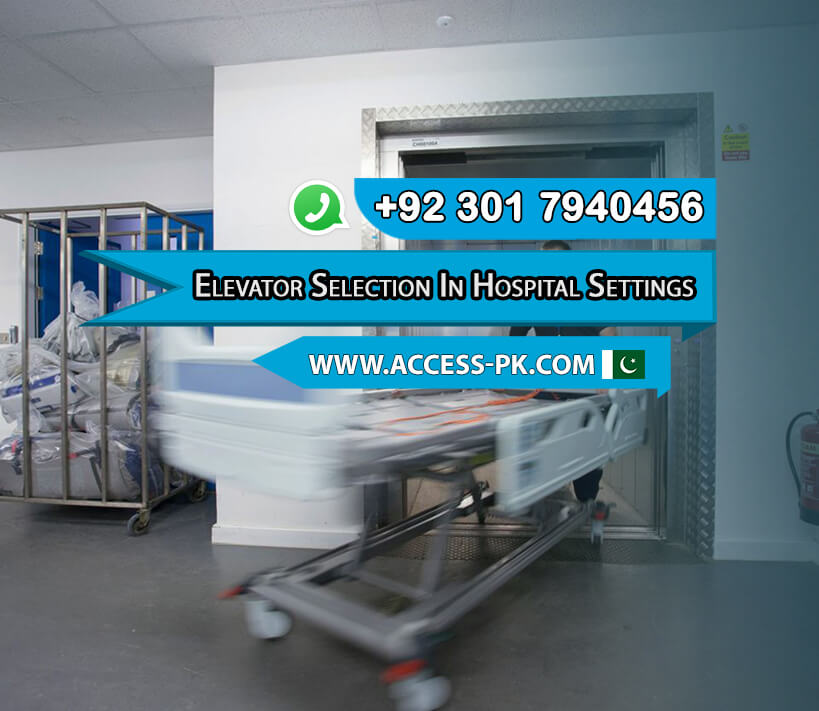
Access Technologies, owned by Imran Rafi, understands the critical role of elevators in hospital settings. Hospitals rely heavily on elevators to ensure seamless patient care and operational efficiency. Therefore, selecting the best elevator choices for hospitals is paramount.
Reliability: Continuous Access to Care
Reliability is crucial in hospital environments where uninterrupted access to care is essential. Patients, staff, and medical equipment need to move swiftly and reliably throughout the facility. By investing in reliable elevator systems, hospitals can minimize downtime and ensure continuous accessibility. Modern elevator technologies, such as predictive maintenance and remote monitoring, help identify and address issues before they escalate, enhancing reliability and reducing disruptions to patient care.
Efficiency: Streamlining Operations
Efficiency plays a significant role in optimizing hospital operations. Elevators that operate efficiently can help streamline patient flow, reduce wait times, and improve staff productivity. Destination dispatching systems allocate elevators based on passengers’ destinations, minimizing stops and optimizing travel time. Additionally, energy-efficient elevator designs contribute to cost savings and environmental sustainability, aligning with hospitals’ goals of providing quality care while minimizing operational expenses.
Safety: Mitigating Risks
Safety is paramount in hospital elevator selection to mitigate risks for patients, staff, and visitors. Elevator systems must adhere to stringent safety standards and incorporate features such as emergency communication systems, automatic door sensors, and backup power supplies. Regular maintenance and inspections are essential to ensure elevator safety and prevent accidents. By prioritizing safety measures, hospitals can create a secure transportation environment, instilling confidence in patients and staff alike.
Get Free QuotesKey Factors to Consider When Choosing Elevators for Hospitals
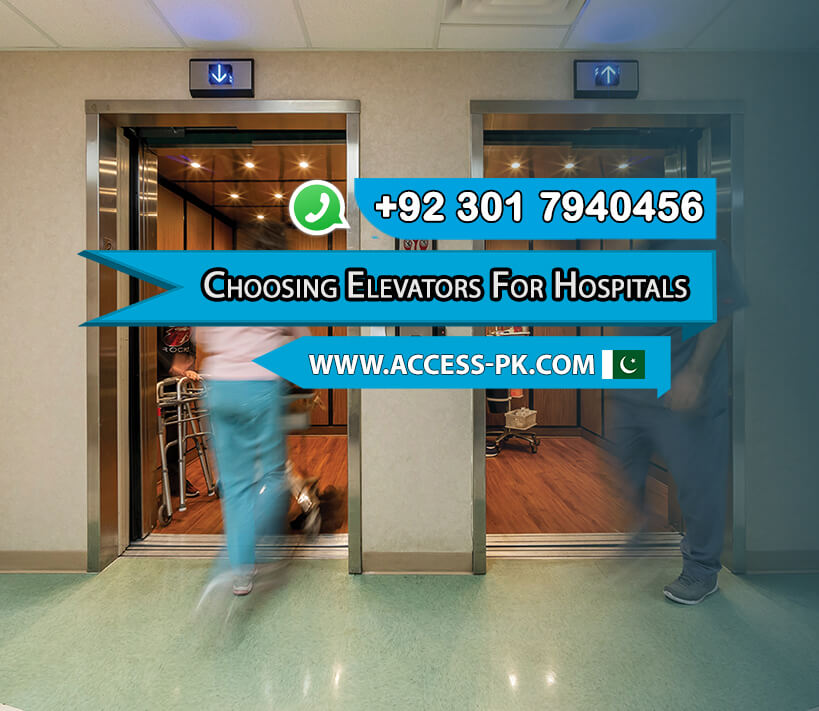
Selecting the right elevators for hospitals involves considering several key factors to ensure optimal performance and safety. Firstly, capacity and size are critical aspects to accommodate the diverse needs of patients, medical equipment, and staff. Hospitals must choose elevators with sufficient capacity to handle peak traffic while ensuring comfortable transportation. Secondly, reliability is paramount to minimize downtime and maintain continuous access to care. Hospitals should prioritize elevator models known for their reliability and durability, reducing the risk of service disruptions. Additionally, safety features such as emergency communication systems, door sensors, and backup power supplies are non-negotiable to mitigate risks and ensure passenger well-being.
| Elevator Type | Cost |
|---|---|
| Stair lifts | 810000 to 1770000/Pkr |
| Home Lifts | 1200000 to 2000000/Pkr |
| DIY Food Elevator | 2230000 to 3350000/Pkr |
| Two-Story Home Lift | 7020000 to 8420000/Pkr |
| Hospital Bed Elevators | 4150000 to 8300000/Pkr |
| Panoramic Elevator | 3180000 to 3870000/Pkr |
Efficiency is another essential factor to consider when choosing elevators for hospitals. Elevator systems should be equipped with advanced technologies such as destination dispatching and predictive maintenance to optimize performance and streamline operations. By improving elevator efficiency, hospitals can enhance patient flow, reduce wait times, and maximize throughput, ultimately improving overall operational productivity.
Get Free QuotesElevator Choices for Hospital By Access Technologies
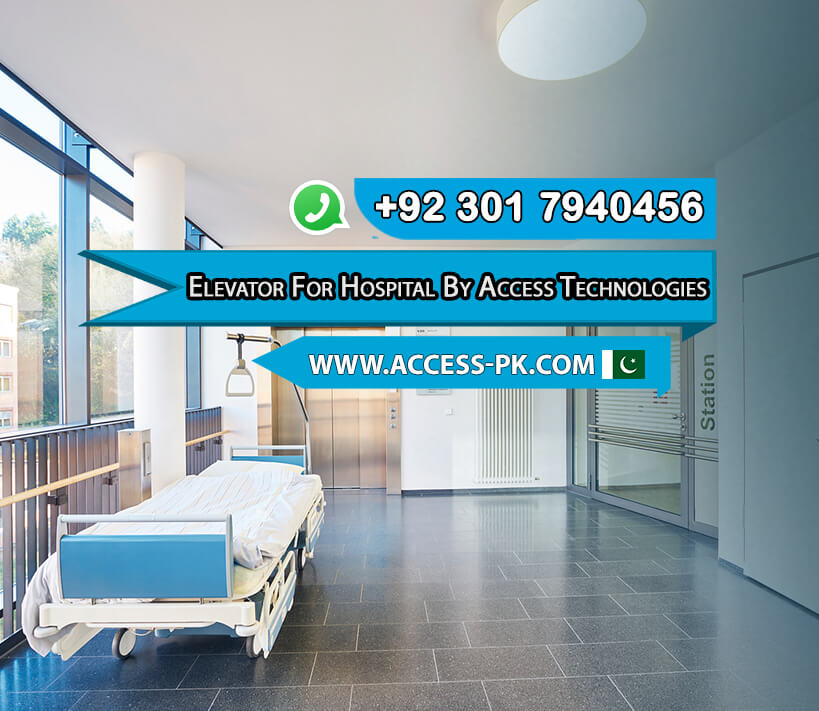
Access Technologies, led by Imran Rafi, specializes in providing the best elevator choices for hospitals. With a focus on safety, reliability, and efficiency, Access Technologies offers a range of elevator solutions tailored to meet the unique needs of healthcare facilities. Their elevators are equipped with state-of-the-art safety features and advanced technologies to ensure smooth and secure transportation within hospital environments. Additionally, Access Technologies prioritizes reliability, offering elevator models known for their durability and low maintenance requirements. By partnering with Access Technologies, hospitals can enhance patient care and operational efficiency while ensuring cost-effective solutions that fit their budgetary constraints.
Moreover, Access Technologies understands the importance of efficiency in hospital operations and offers elevator systems equipped with innovative features to optimize performance. From destination dispatching to energy-efficient designs, their elevators are designed to improve patient flow, reduce wait times, and enhance overall operational productivity. With Access Technologies as their partner, hospitals can make informed elevator choices that prioritize patient care, safety, and efficiency, ultimately contributing to better healthcare delivery.
Get Free QuotesSafety and Efficiency: Prioritizing Patient Care in Elevator Selection
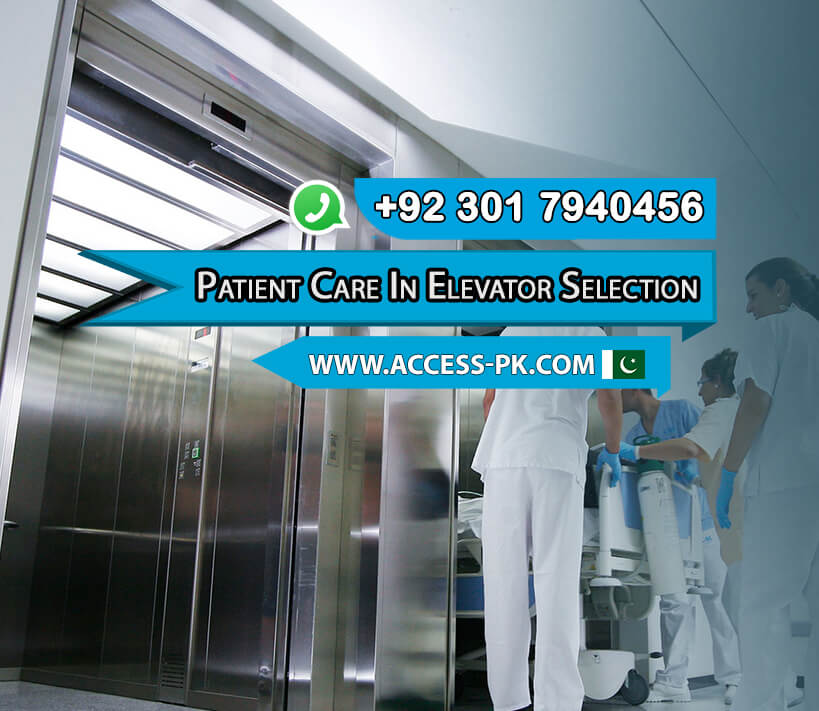
In selecting the best elevator choices for hospitals, prioritizing patient care entails a delicate balance between safety, efficiency, and patient-centric design. Safety: Ensuring Patient Well-being is the foremost concern, with elevators being integral to patient transportation within healthcare facilities. Implementing stringent safety measures such as emergency communication systems, automatic door sensors, and regular maintenance protocols minimizes the risk of accidents and ensures passenger safety. Concurrently, Efficiency: Streamlining Operations is crucial to optimize patient flow and staff productivity. Elevator systems equipped with advanced technologies like destination dispatching and predictive maintenance reduce wait times, enhance throughput, and contribute to energy efficiency, thereby streamlining hospital operations. Moreover, Patient-Centric Design focuses on tailoring elevator features to meet the specific needs of patients, including accessibility, spaciousness, and comfort.
Safety: Ensuring Patient Well-being
Elevators in hospitals must adhere to stringent safety standards to protect patients, staff, and visitors. Features like emergency communication systems, automatic door sensors, and regular maintenance protocols are crucial for minimizing accidents and ensuring passenger safety. Investing in elevators with robust safety measures enhances patient confidence and contributes to a positive healthcare environment.
Efficiency: Streamlining Operations
Efficiency plays a vital role in optimizing hospital operations. Elevator systems equipped with advanced technologies such as destination dispatching and predictive maintenance help reduce wait times, enhance throughput, and improve energy efficiency. Streamlining elevator operations not only facilitates smoother patient flow but also boosts staff productivity, ultimately enhancing the overall efficiency of hospital operations.
Patient-Centric Design
Elevators designed with patients in mind prioritize accessibility, spaciousness, and comfort. Patient-centric features such as spacious cabins, clear signage, and adjustable lighting contribute to a more pleasant and stress-free transportation experience for patients. By considering the unique needs of patients in elevator design, hospitals can create a more welcoming and inclusive environment, enhancing the overall patient experience. In selecting the best elevator choices for hospitals, it’s crucial to prioritize safety, efficiency, and patient-centric design to ensure optimal patient care. By investing in elevators that meet these criteria, hospitals can enhance patient well-being while considering factors such as elevator prices and operational effectiveness.
Get Free Quotes